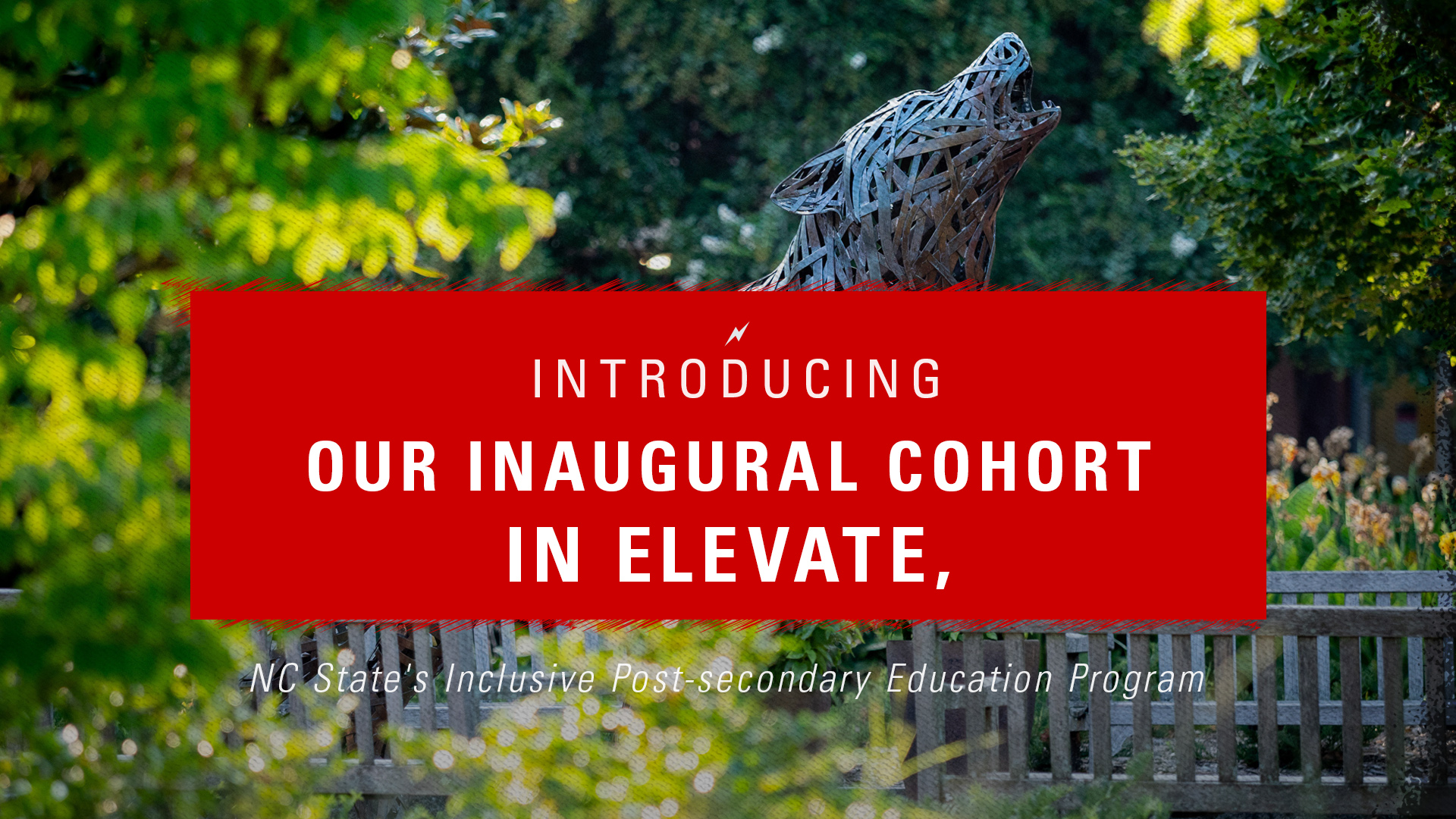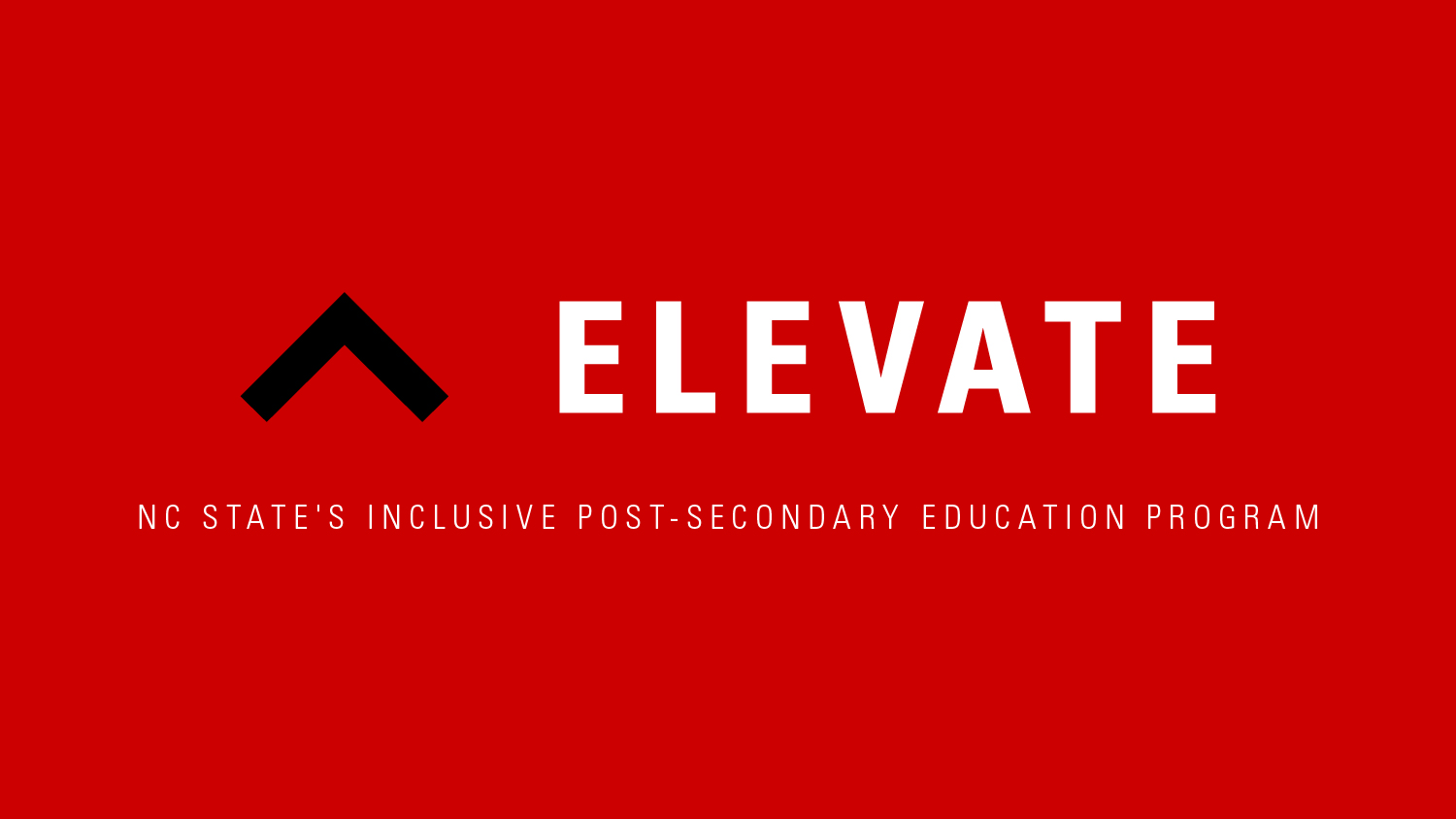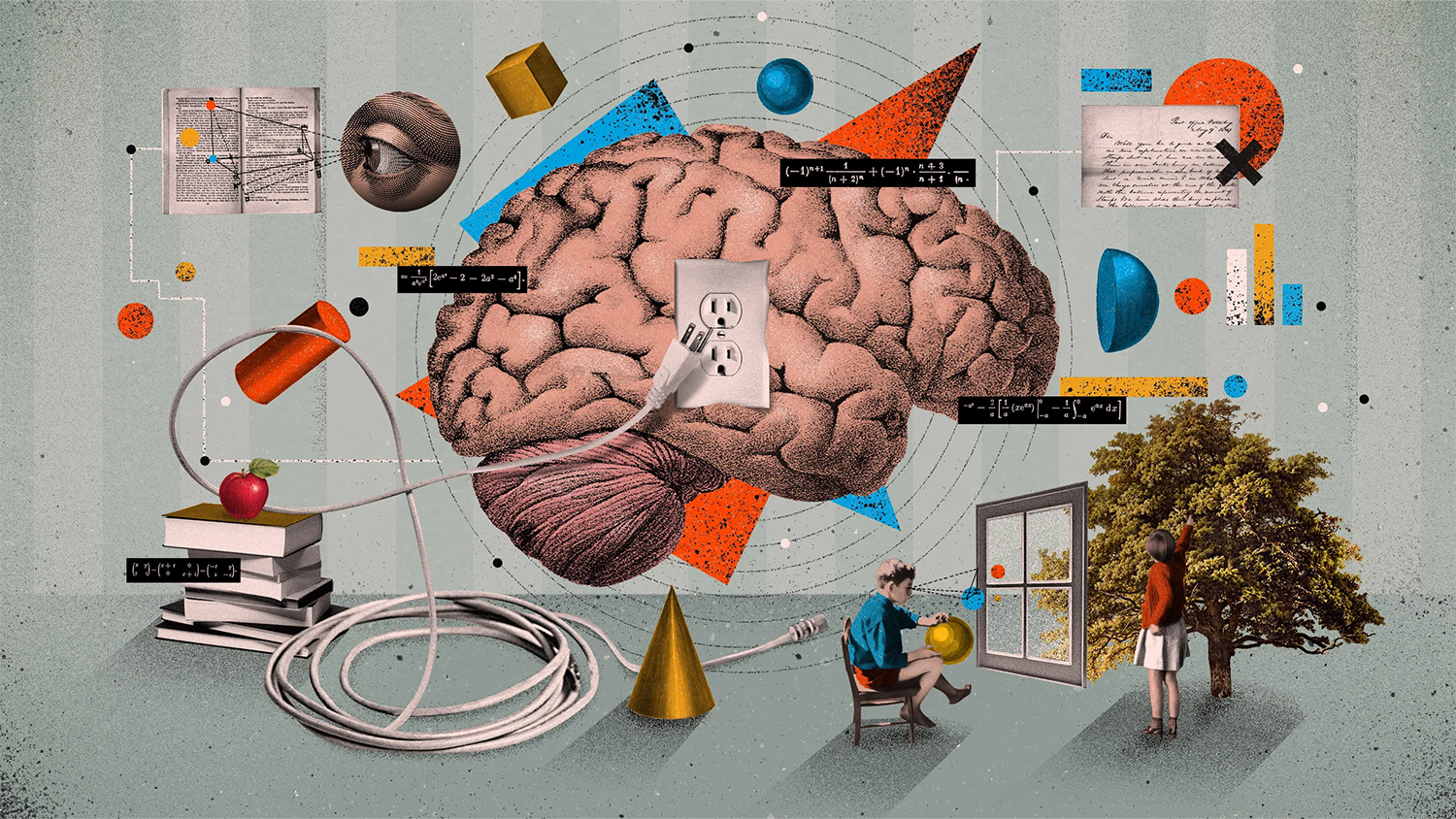David Stovall at the 4th Annual Don C. Locke Symposium: ‘If We Do the Work, Then the People We Need Will Show Up’
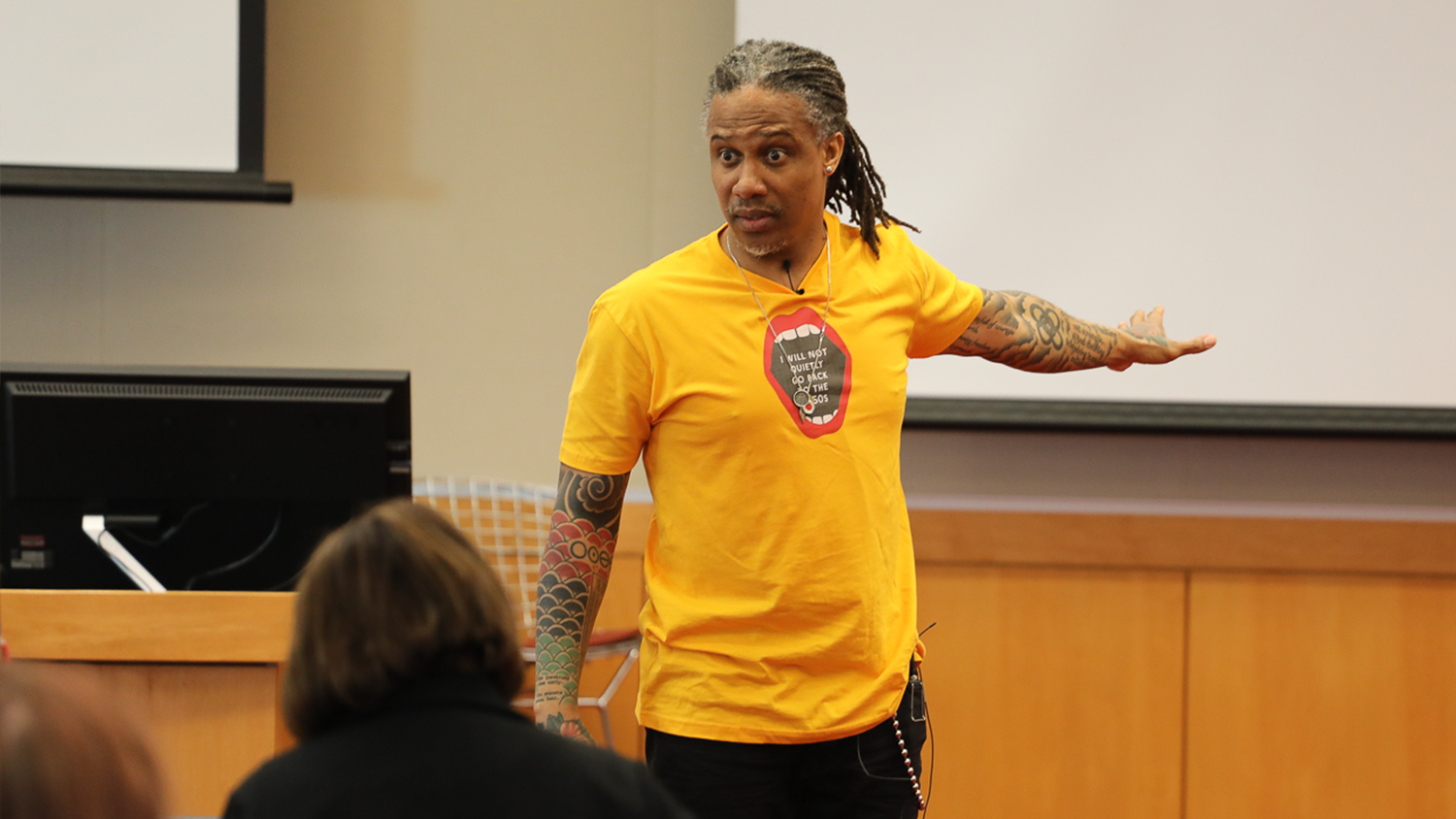
David Stovall, a professor in the departments of Black Studies and Criminology, Law & Justice at the University of Illinois at Chicago, reminded educators to be unflinching in their work during his talk at the fourth annual Don C. Locke Multicultural and Social Justice Symposium, hosted by the NC State College of Education on April 6.
During his hour-long talk, Stovall discussed his experiences working as a social studies teacher in K-12 schools and as an educator working in the prison system and encouraged educators to always have the courage to ask hard questions, even in the face of challenges.
“Across content areas, inquiry is never meant to console you. Inquiry is meant to challenge you; it’s pushing you to think. If we can no longer ask questions, we can no longer think,” he said.
Below are three takeaways from Stovall’s lecture.
Be Accepting of Youth in their Lived Experiences
Young people, Stovall said, are experts in their own conditions, and he encouraged educators to trust students’ articulations of their own experiences.
He shared the story of Ella Baker, a civil rights activist who reminded her students at Shaw University that they had the capacity to make the changes they wanted to see in the world and encouraged them not to wait for somebody else to make a difference.
Although many often refer to students as “the future,” Stovall said our students are “the right now.” He noted that students’ intelligence and actions can make a difference while they’re young and cautioned educators against comparing hardships they faced as youths to the hardships their students face now.
“We can say there are things that are different but there are many things that are the same,” Stovall said. “We need to navigate where those things are different and where they are the same because when we figure that out, then we can work with each other.”
Find Connections and Do the Hard Work
Stovall said when educators want to begin to dive deeper in their learning, they should make a list of what they’re interested in and find a way to learn about it from multiple angles.
He suggested educators think about how they can pull from history to gain a long-term perspective on issues and find connections between historic context and modern day applications.
Most importantly, he encourages educators to operate with intention and build relationships to engage others around difficult topics. “Find your people,” he encouraged.
“If we do the work, then the people we need will show up,” he said. “The people who understand what you do and why you do it will always show up for you. What you need will come, because you are doing the work.”
View Multiple Perspectives
There are more than two sides to every story and, when educators are engaging with an issue, they need to understand every perspective, Stovall said.
When Stovall engages in a deep dive into an issue that interests him, he said he always first looks to resources that are using multiple sources to inform their work. He cited outlets that are transparent about how they compiled their stories and those that do not accept writings that have fewer than three sources as places to begin an investigation.
“We can ask a question of an individual, but it’s another thing to ask a question of the structures that people are in and what frames those structures. That’s really important for me to see, because they’re taking a different way of looking at things,” Stovall said. “It’s always pushing us to think about the space that people are engaging in the things that they do.”
Two Doctoral Students Receive Scholarships During Don C. Locke Symposium
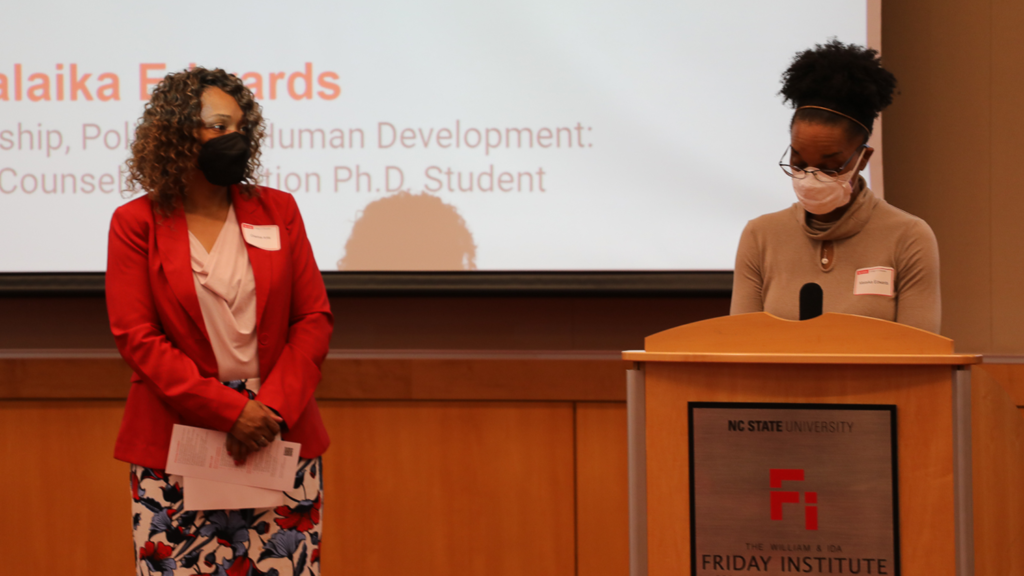
Cherice Artis and Malaika Edwards, doctoral students in the Ph.D in Educational Leadership, Policy, and Human Development counseling and counselor education program area of study, were selected by department faculty to receive the Don C. Locke Multicultural and Social Justice Symposium Scholarship during the April 6 event.
The award is presented to students who demonstrate a commitment to multiculturalism, social justice and advocacy and have a positive reputation among faculty, peers and community partners in the counselor education program.
Artis currently works as a school counselor at South Garner High School, while Edwards has spent the past four years working as a community coordinator at the Community Counseling, Education, and Research Center (CCERC) to build and maintain relationships with community partners.
“I truly understand the enormity of this award. As I look forward to my final year in the doctoral program, I do so even more determined to focus my research on the development of school-based interventions that will be utilized by school counselors to address the mental health needs of marginalized students,” Artis said.
“With all the amazing work conducted by my peers in the program, privately and publicly, I’m very grateful that I was even considered to receive this honor,” Edwards said. “I plan to continue implementing multiculturalism, social justice and, more broadly, anti-oppression approaches into my work, and I’m very thankful for the learning opportunities that I’ve had in the College of Education.”
- Categories:
